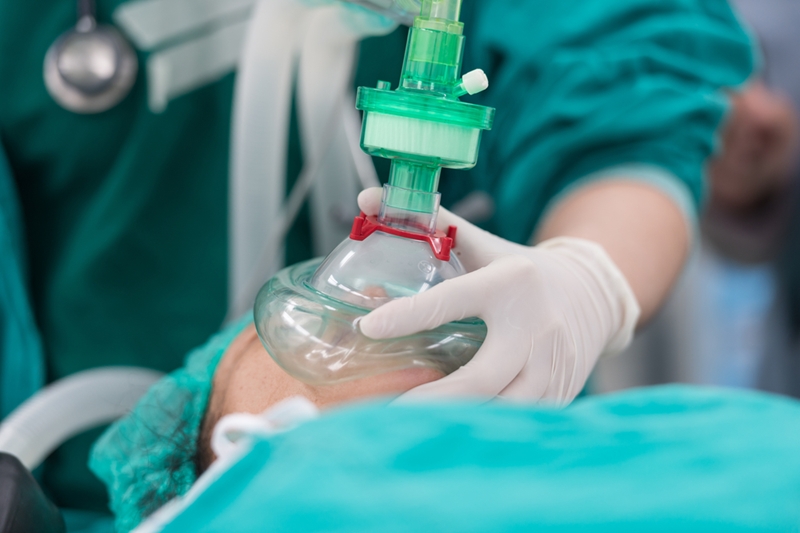There are few industries in the world as important as health care. It’s a sector that quite literally rides the line between life and death, and any sort of malfunction can be extremely dangerous.
Although there are a lot of moving parts to a hospital’s daily operations, one of the most important aspects that must be considered is power quality. So many pieces of equipment demand access to electricity in a hospital these days that not having power can very easily result in loss of life.
To that end, let’s break down exactly what might happen to a hospital if it can’t provide quality power, as well as what these facilities can do to avoid an outage.
“Unexpected blackouts are always a possibility.”
Necessary machines might malfunction
Although the Red Cross pointed out that hospitals are generally exempt from planned rolling blackouts, they still have a lot to worry about in terms of ensuring quality power. Unexpected blackouts are always a possibility, and electrical surges have been known to damage equipment.
If this happens, one major concern is whether necessary machines will be able to turn back on properly. The average hospital will of course have a backup generator to avoid the worst aspects of a blackout; however, these machines don’t always work properly, and they sometimes don’t activate instantaneously.
This lag may be small, but it’s certainly enough to cause a malfunction. Whether that translates to the equipment coming back online and not working correctly, or simply not coming back at all really doesn’t matter; the point is that this puts the patient in immense danger.
Thankfully, there is a very simple solution in the form of a uninterruptible power supply unit. These devices allow for continuous power, regardless of what happens to the regular source of electricity. By switching over to battery power almost instantaneously, a UPS unit can make sure that important equipment doesn’t have the chance to malfunction.
Of course, a UPS unit is meant to be used as a last line of defense. Hospitals should still invest in backup generators and should ensure these machines are working properly. That said, a UPS device can help sensitive equipment transfer over to the generator as safely as possible.
Surgeons can’t work in the dark
Another important yet often forgotten aspect of power outages is the fact that there won’t be access to light. While working in the dark is hard for any job, surgery demands focus and attention, and not having adequate light isn’t an option.
There are ways to combat this issue should it arise.
One doctor in Seattle successfully removed staples from a neck surgery using the flashlight on a smartphone. However, this is a very special case, as it was a routine procedure, and doctors working on more arduous surgeries wouldn’t have been able to do this.
 Surgeons need the operating room conditions to be just right in order to work.
Surgeons need the operating room conditions to be just right in order to work.Patient confidence in your organization will dwindle
The loss of power can be a very real danger to a large portion of the patients being cared for at a hospital. However, one of the worst problems that comes out of these kinds of situations is actually the reputational blowback.
To begin, any patients harmed by this kind of experience are going to want restitution. This is especially true if power outages lead to wrongful death. If the family can show that the hospital didn’t take every reasonable precaution necessary to prevent the loss of electricity, they will most likely be entitled to a large settlement.
To compound that further, an outage that physically harms patients isn’t going to go away quietly. Any media report on the matter will be extremely damaging to the organization’s reputation. People very regularly look up a hospital’s background before electing to have a procedure done within the facility, and a news story about patient harm coming from a power outage will be extremely easy to find.
Hospitals have a lot to lose through a power outage, which is why administrative staff need to take steps to ensure the availability of quality power. Through the use of products and services sold by Energy Control Systems, these organizations can rest easy knowing that they’re protected.

